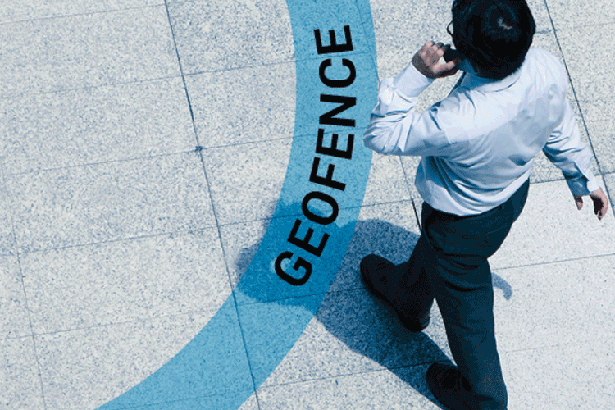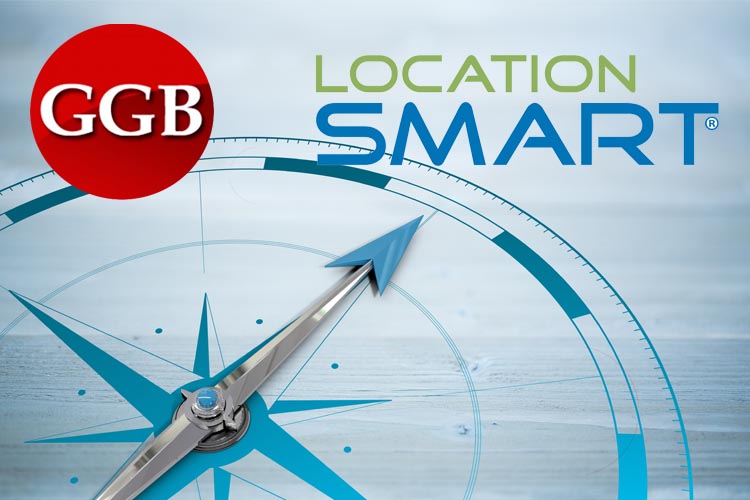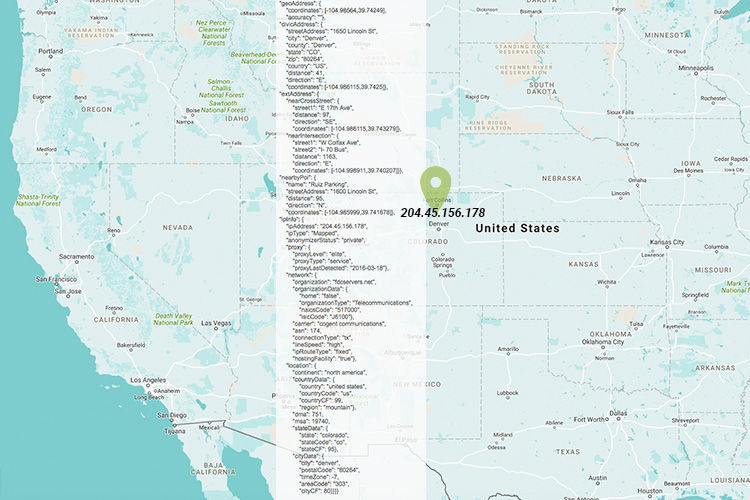Read this article on the Tech-wonders.com website.
It has been a rough few months for people, businesses, industries, and governments around the globe. COVID-19 has brought the world to its knees, causing the close of businesses everywhere – including casinos and other businesses related to the gaming industry.
Effect of Coronavirus on the Gaming Industry
As one of the first regions to see the coronavirus impact their casinos, Macau has struggled to stay afloat with attendance down. Even now, just a few months after the initial outbreak of coronavirus, they are struggling. Their May 2020 figures are more than 93% lower than those of May of 2019.
Las Vegas in the U.S. isn’t fairing much better. Casinos in the famous city closed down its casinos in March and reopened them with limited capacity in early June. Two weeks later, the number of coronavirus cases in the region skyrocketed. The verdict? It’s not yet safe to get back to business as usual.
Online Gaming a Great Alternative
Fortunately, people can still enjoy their gaming experience, including online casinos and sports betting, without having to physically go to a casino. In Asia, the Philippines saw a massive increase in online gambling from China and surrounding regions, including an influx of new accounts registrations, betting activity, and deposits.
In Europe, online gaming laws vary from country to country, making it a complex issue. Yet they have seen an increase in online gaming activity during the coronavirus outbreak. As a result, the European Gaming and Betting Association has released guidelines on how to make online gaming safer.
In the U.S., online gaming is permitted in a handful of states and has been booming in those states. However, Morgan Stanley predicts that the coronavirus will prompt more states to make online gaming legal. Not only will this allow citizens to enjoy online gaming, but it will also provide states with an influx of revenue.
Hesitation regarding online gaming comes due to a number of concerns, including:
- Gambling addiction
- Identity theft
- The potential of fake or fraudulent sites
- Online accounts being hacked
- The danger of malware
- Being tempted by sites that offer large payouts or bonuses
However, one of the biggest concerns for many countries and states that are charged with regulating the industry is access control. Without it, players from outside of the legal gaming areas may be able to gain access. Fortunately, LocationSmart services offer a solution to this issue.
Geolocation Services by LocationSmart
In each state and country in which online gaming is legal, there are very strict regulations put into place to control and restrict gaming access to those within the boundaries of the state, country or specifically-approved wagering areas. Considering that anyone anywhere in the world can access the website of any online gambling organization, it can be difficult to limit access to only those people located within the authorized boundary.
For this reason, the gaming companies need to know where their users are located. This will allow them to deny access to those who are not within the appropriate jurisdictional boundary. It is only through this knowledge that companies can control access. Currently, the online gaming industry uses the following tools to ensure a customer’s location:
- IP location and internet connection attributes
- Wi-Fi and cellular connection attributes
- Geofencing and boundary checks
- Device profiling and behavioral heuristics
- GPS, Wi-Fi and cellular location technologies
Each of these tools can be used on their own or in an appropriate combination to verify a customer location. However, there is no one-size-fits-all approach. For this reason, LocationSmart offers flexible access to a number of methods to verify a customer’s location to ensure a gaming platform operator can cover all its bases.
Method 1: IP Location
One of the most effective ways to ensure the device a customer is using to access a gaming site is within the regulated gaming area is to determine the device’s location. If the device is connected by DSL or cable and verified to be located within the regulated gaming area, access to the site can be granted.
However, it is important to bear in mind that this method does not guarantee location accuracy because the user can use a proxy, satellite connection, or mobile gateway to connect to the device from another location. This effectively conceals their actual location and may be used to allow them to gain access fraudulently.
When this situation happens, the gaming company must use IP intelligence providers who have at their disposal other sources of data, technologies, and manual procedures that can verify the user’s true location. LocationSmart only uses the most reputable IP intelligence data sources.
Method 2: Browser or Mobile App Location
LocationSmart uses their sophisticated browser or mobile app SDK location technology to determine the location of a user’s device using available Wi-Fi, cell site, or GPS signal information. There is no need to download any apps or software for it to work via the browser or through integration with an existing mobile app via the available SDK.
Obtaining a device’s location does require user’s permission, so finding their location depends on their willingness to provide it. Once permission is received, the appropriate location capability is activated whenever needed by the gaming operator such as upon account origination, login, wager or purchase event.
Depending on the technology used, accuracy can range from 10 to 50 meters for GPS, 10 to 150 meters for Wi-Fi, or up to several thousand meters for cellular. Combinations of signal inputs from these technologies can help improve the accuracy whenever available.
Method 3: Enhanced Patron Intelligence Data
This final method is all about data intelligence that is used to determine the customer’s location. LocationSmart is able to use comprehensive device profiling data and behavior analytics through technology that monitors billions of critical online transactions a month. This includes data such as VPN use, remote desktop access, device insight, velocity data, and anonymized form-filled data.
The technology does not require the download of apps or software, but can work within a mobile app if required. It works by identifying patterns in real-time as well as in comparison to historical data, which makes it possible to instantly detect anomalies that can represent fraudulent activity. For example, if a person travels a long distance in a short period of time, this activity will be picked up and flagged, indicating the user is potentially outside the regulated area.
LocationSmart Supports Geofence Compliance Checks
All of the above only goes so far if a gaming company isn’t able to meet compliance with local laws and regulations. It is of the utmost importance that a user cannot access the gaming site if they are outside the authorized area, such as when online gambling is legal within a state, but not on Native American tribal land that exists within that state.
For this reason, LocationSmart makes it possible to use geofencing to establish presence of a device within specific zones of inclusion and exclusion. The device’s latitude and longitude are detected and used to determine whether it is in a zone of inclusion or exclusion, and the degree of confidence in that determination, to enable geolocation compliance by the gaming platform operator. Our API enables operators to add a powerful tool for gaming compliance to their technology stack.
The layered approach offered by LocationSmart provides flexible and solid protection for online gaming companies that must control access to their site and gaming accounts accessed via that site. And since many online gaming companies may have the chance to expand their presence into new states and countries, thanks to the impact coronavirus has had on the gaming industry, they can rest assured that if and when that happens, they have access to LocationSmart’s comprehensive geolocation services which are available through secure web services APIs.
About LocationSmart
LocationSmart is the world’s largest LaaS provider, offering cloud-based location services to many customers, from Fortune 500 companies to startups. Their location-based services work across networks, platforms, and devices for a global reach of more than 200 countries.
For more information or to speak with someone at LocationSmart about their services, please visit www.locationsmart.com.
Follow LocationSmart on Linkedin to find out more.





























